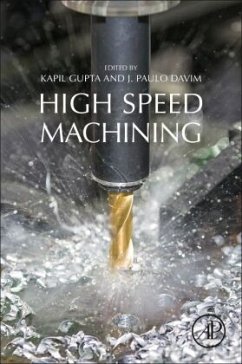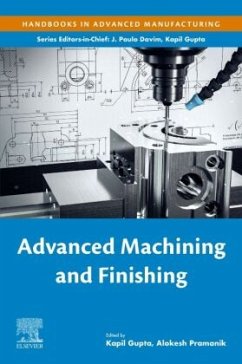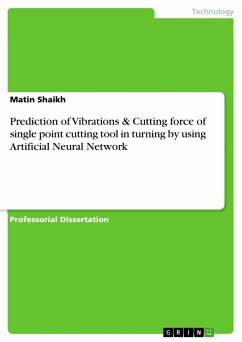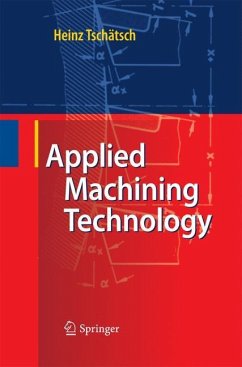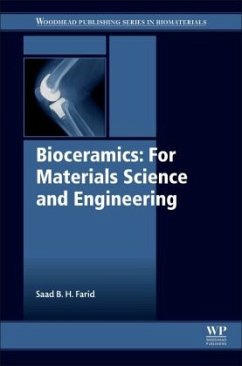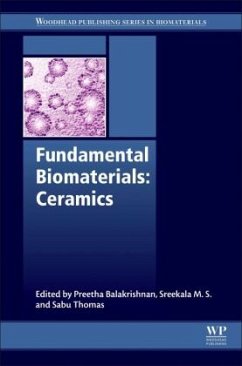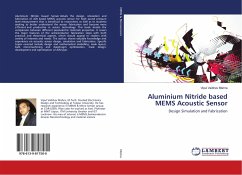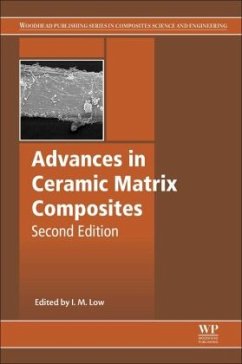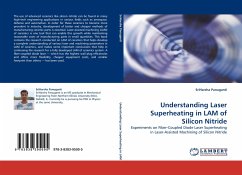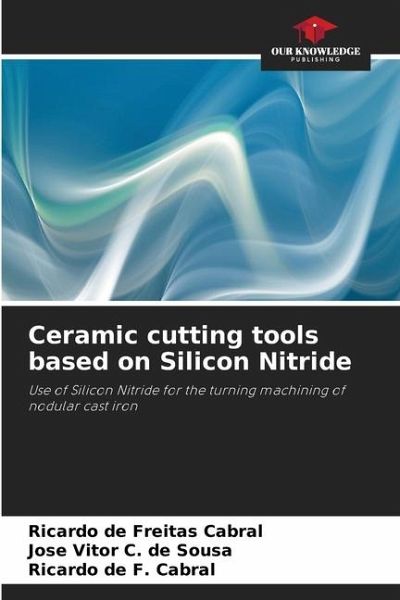
Ceramic cutting tools based on Silicon Nitride
Use of Silicon Nitride for the turning machining of nodular cast iron
Versandkostenfrei!
Versandfertig in 6-10 Tagen
22,99 €
inkl. MwSt.

PAYBACK Punkte
11 °P sammeln!
Machining processes consume billions of dollars worldwide. It is estimated that more than 100 billion dollars are spent annually, and that this total could be reduced by 20% if the right conditions and tools were chosen. Much of the money spent on machining processes is attributable to tools and unproductive time, so improvements in machining processes can mean significant savings in the manufacture of machined parts. In order to meet the needs of companies that use ceramic tools in their machining processes, this work presented a specific path in the characterization of ceramic tools based on...
Machining processes consume billions of dollars worldwide. It is estimated that more than 100 billion dollars are spent annually, and that this total could be reduced by 20% if the right conditions and tools were chosen. Much of the money spent on machining processes is attributable to tools and unproductive time, so improvements in machining processes can mean significant savings in the manufacture of machined parts. In order to meet the needs of companies that use ceramic tools in their machining processes, this work presented a specific path in the characterization of ceramic tools based on Silicon Nitride for structural applications, and with potential application in cast iron alloys, at a low acquisition cost, since similar tool alloys on the market have high purchase prices. This work aims to test ceramic tools based on silicon nitride (Si3N4), developed in Brazil, in the turning machining of nodular cast iron.



